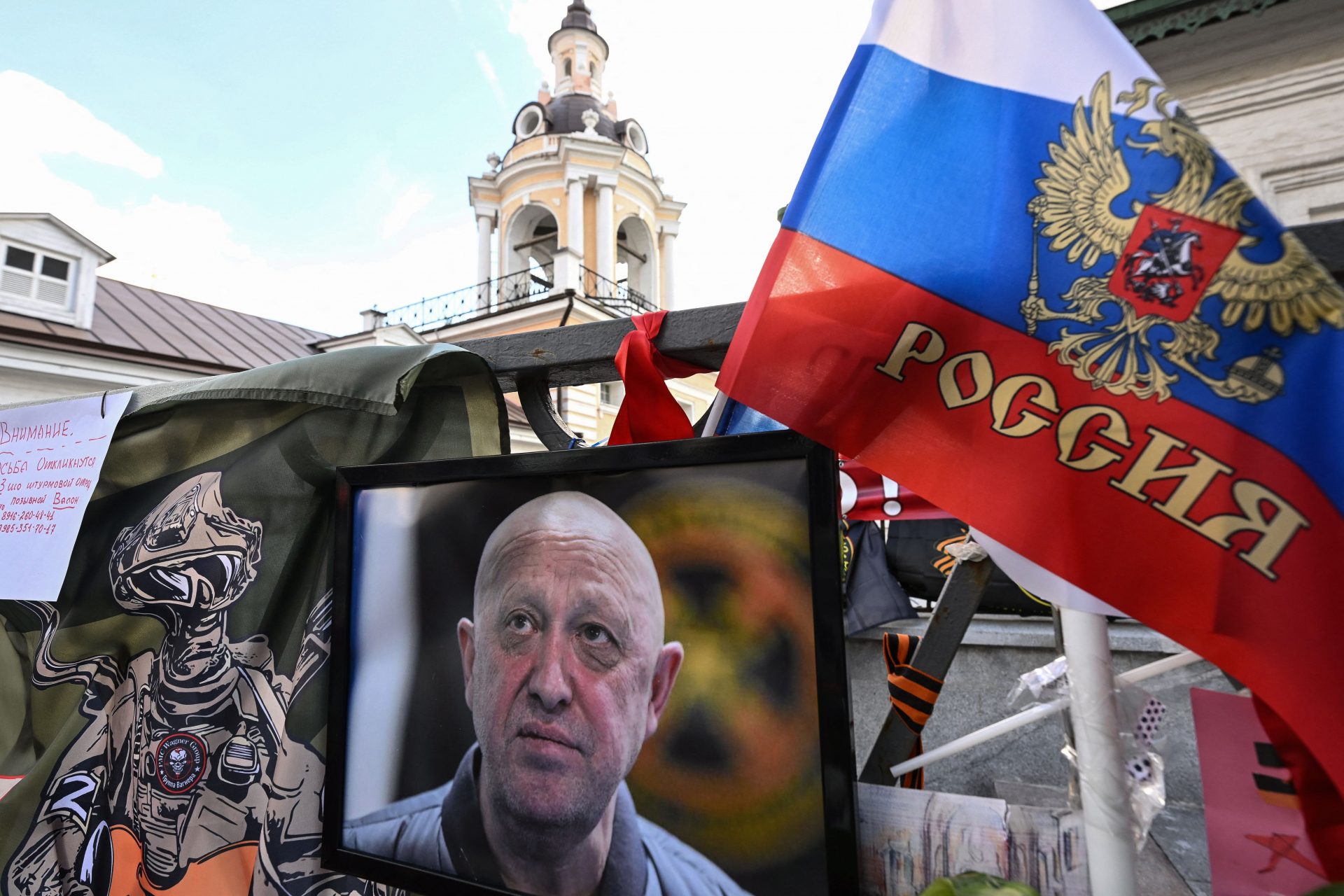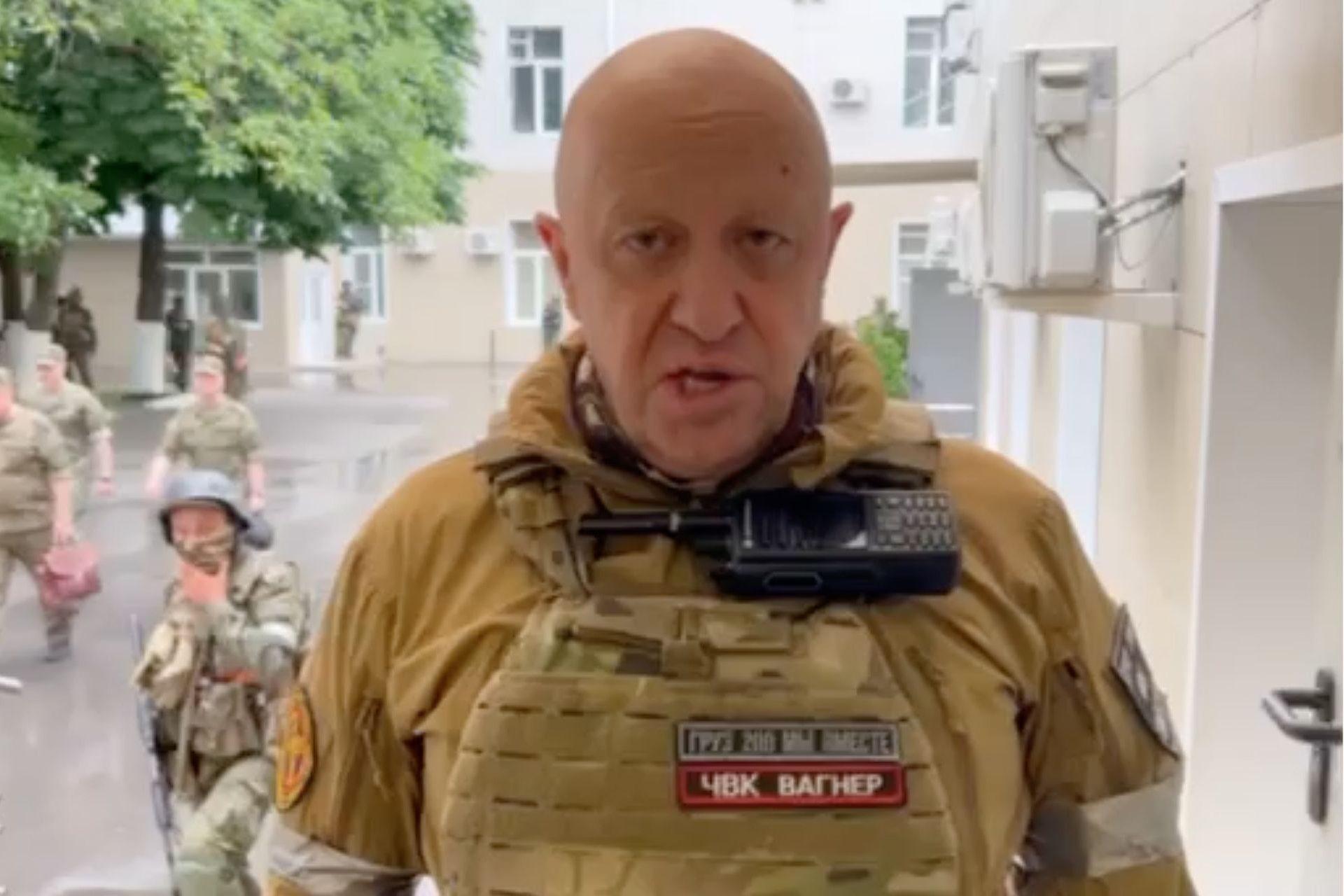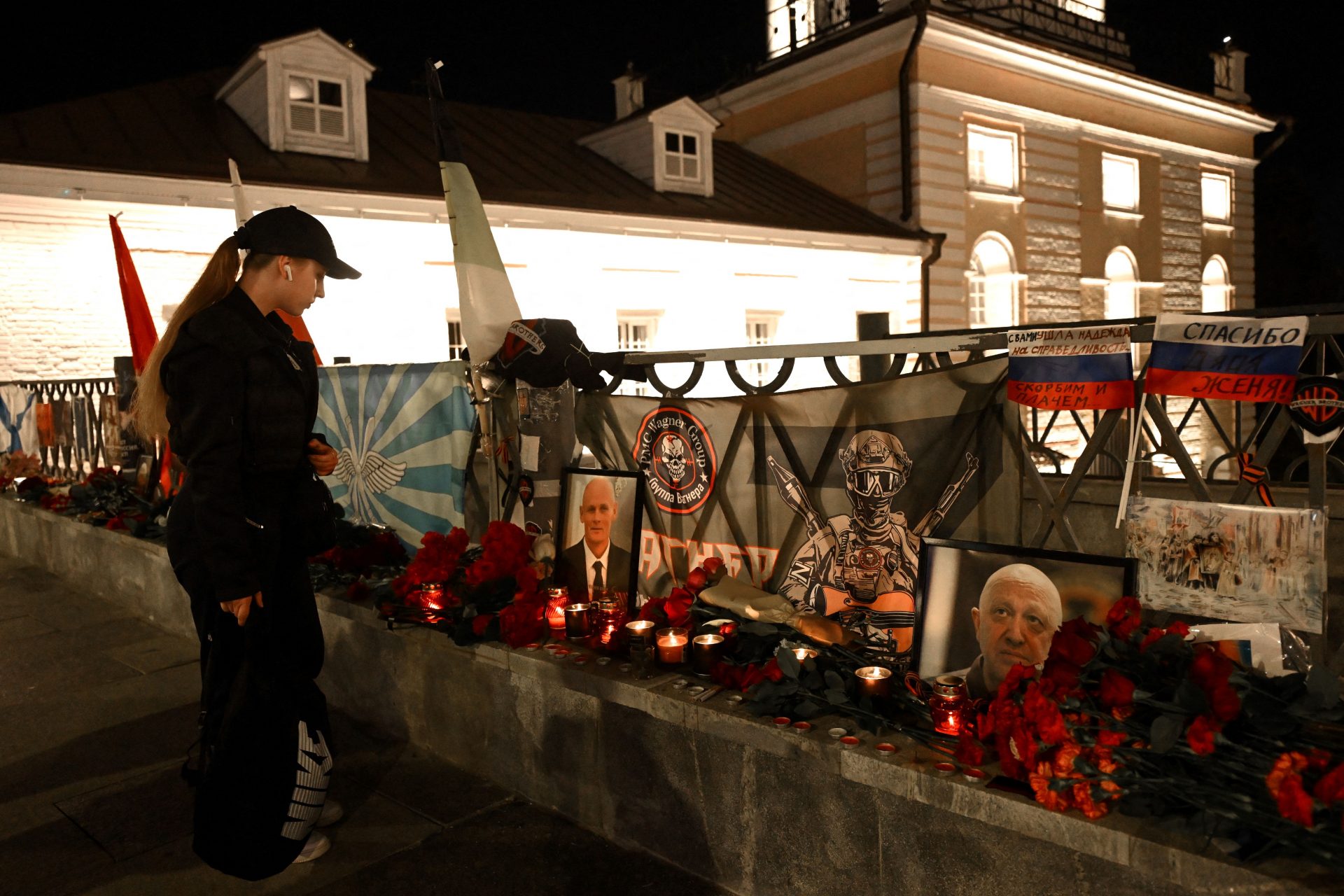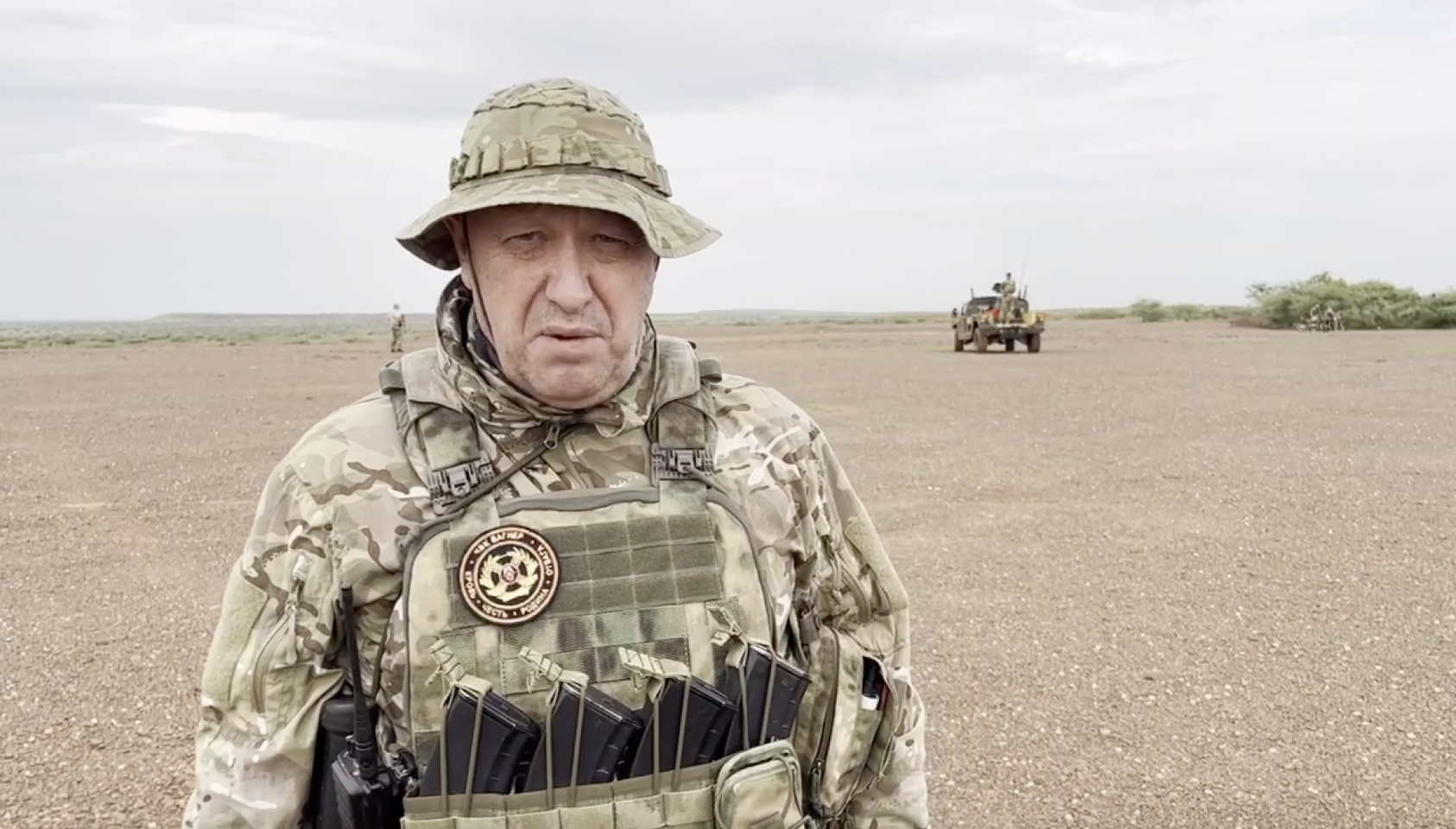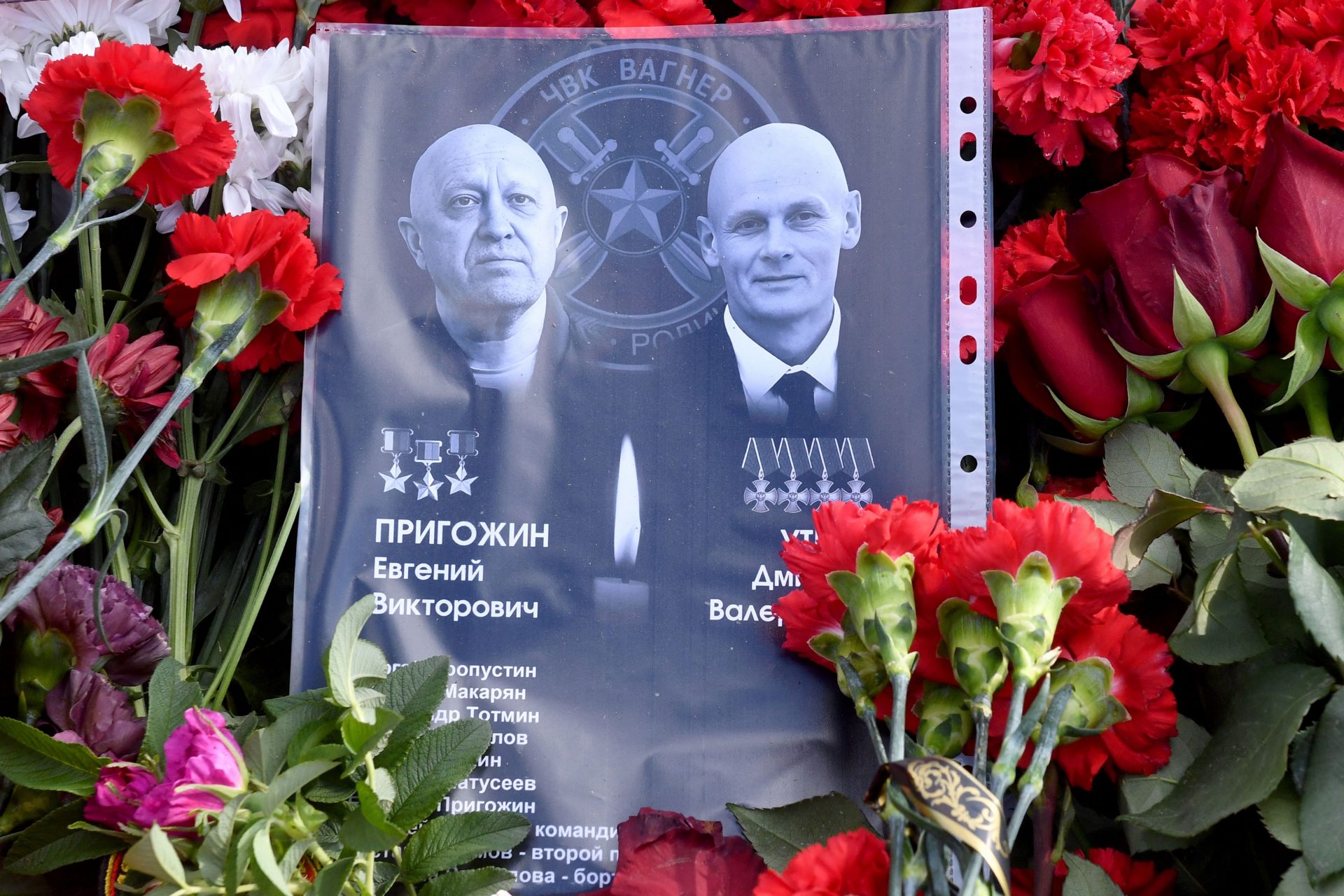The life and death of Yevgeny Prigozhin: Restaurateur, mercenary, and traitor to Putin
On August 23, 2023, Wagner Group Chief Yevgeny Prigozhin was killed in a plane crash under mysterious circumstances.
Two months before, Prigozhin rallied his troops from the private military company PMC Wagner towards Moscow, in an open defiance against the Kremlin's orders.
The mutiny didn’t reach Russia’s capital, but certainly showed that Putin is far weaker than anyone expected.
Prigozhin's untimely death, make many are speculating if his former employer in the Kremlin had anything to do with his demise.
However, Prigozhin’s own personal story is almost as fascinating and unbelievable as his failed uprising against his employers in the Kremlin.
Yevgeny Prigozhin, like Vladimir Putin, was born in Leningrad, current day St. Petersburg, in 1961. The Guardian writes that Prigozhin’s father passed away when he was young, while his mother worked at a hospital.
From an early age, the future head of the Wagner Group excelled in sports. However, when he didn’t make the cut as a professional athlete, he turned into a life of crime.
Al Jazeera reports that Prigozhin was convicted in 1981 for robbery and assaulting a woman. When he was released in 1990, the Soviet Union was falling apart, making way for a new, different Russia.
The future head of the Wagner Group began to taste the new capitalist society by selling hot dogs on the streets of the now-renamed St. Petersburg.
Around the same time, a young former KGB agent named Vladimir Putin was a rising star of local politics.
By the time Putin was a deputy mayor of St. Petersburg, Prigozhin was owner of an upscale restaurant and was hobnobbing with the local city elite. It’s no surprise both men eventually crossed paths.
Deustche Welle comments that Prigozhin’s catering company, Concord, was awarded lucrative contracts to organize government events and state dinners.
Some events Prigozhin’s company catered include Putin’s inauguration ceremony in 1999 and a state visit from US President George W. Bush to St. Petersburg in 2006, as Politico highlights.
His catering company also obtained in 2012 a juicy contract to supply meals to the Russian military.
It’s no surprise that the future head of the Wagner Group got nicknamed ‘Putin’s chef’, but there was a little side business he was also cooking up.
The BBC reported that PMC Wagner was first identified in 2014, backing pro-Russian separatists in Eastern Ukraine, allegedly having helped Russia to annex Crimea.
Pictured: PMC Wagner headquarters in St. Petersburg.
Wagner forces supposedly have been operating in Africa, the Middle East and Venezuela. The group has been linked to the diamond trade in the Central African Republic.
There’s been a lot of speculation about the exact relationship between the Wagner Group and the Kremlin. Some people speculate that the private military company do what the Kremlin can’t officially, in order to be shielded with plausible deniability.
Allegedly, the Wagner Group was formed by Dmitry Utkin, a former Russian military commander who served as a mercenary in Crimea in 2013. The private military contractor has been nicknamed ‘the Musicians’ and ‘the Orchestra’ for a very good reason.
Utkin, according to Russian-language independent news website Meduza, is believed to have an admiration for the Third Reich and chose the call-sign for himself, after German composer Richard Wagner.
Sources vary on the relationship between Utkin, Prigozhin and the Wagner Group. Some claim the two are business partners, others that Prigozhin bankrolled Utkin’s operations, others that Utkin used to be Prigozhin’s chief of security.
What is true is that until September 2022, Prigozhin denied any links to the Wagner Group. Putin’s Chef admitted on social media that he co-founded what he described as “a group of patriots”, as quoted by The Guardian.
According to The Washington Post, Prigozhin has played a key role in the invasion of Ukraine. Not only did the Wagner Group deployed its forces in the battleground, but it also recruited heavily from prisons to reinforce Russia’s diminished troops.
Prigozhin also led Wagner Group mercenaries in the takeover of the city of Bakhmut, helping to give Putin’s government one of its most important victories in several months.
However, this doesn’t mean tension hasn’t grown throughout the war between the mercenary chief of the Wagner Group and the top brass of the Russian military.
Prigozhin has accused the top Russian military, particularly Defense Minister Sergey Shoigu, of mishandling the war, causing what Al Jazeera has described as the loss of tens of thousands of Wagner Group mercenaries.
It was this and other grievances that led Prigozhin to start what he defined as ‘The March of Justice’, to turn around his troops and guns from Kyiv and towards Moscow.
The apparent uprising against Putin fizzled out as quick as it began. The head of the Wagner Group accepted to voluntarily exile to Belarus, with the rest of his mercenaries now forming part of the Russian army.
Although Prigozhin is no more, the Wagner Group is reported to continue working on closely with the Russian government, offering the same friendly service.
More for you
Top Stories



